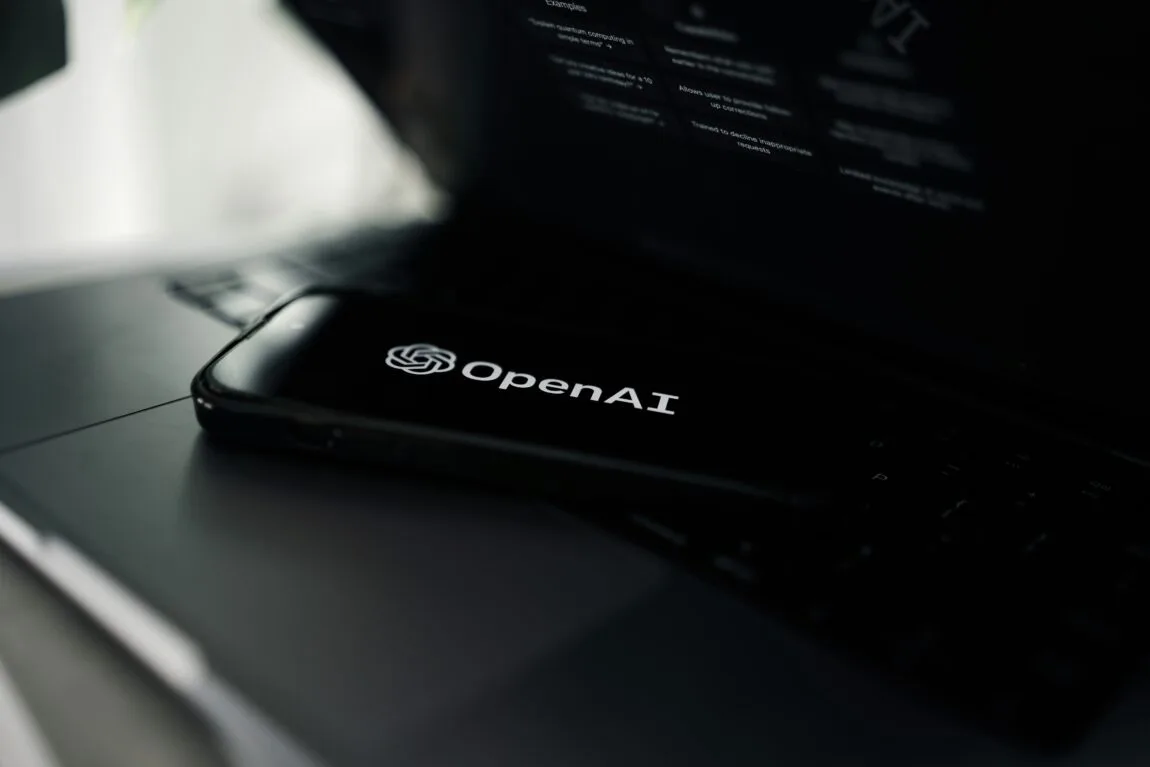Curious about ChatGPT contract review? With the rise of artificial intelligence (AI), many in the legal field—whether business professionals, small and medium-sized businesses (SMEs), startups, or legal departments—are wondering: can ChatGPT review contracts effectively?
Developed by OpenAI, ChatGPT boasts impressive abilities in understanding and generating human-like text, promising to address certain common pain points in a way. Think of high legal costs, time-consuming contract processes, and sometimes even a lack of legal expertise.
For those dealing with unpredictable pricing, inefficient contract management, and risk management, ChatGPT offers a potential solution. This AI tool aims to streamline contract review, making the process more efficient and accurate. But, like any technology, it has its strengths and weaknesses.
In this article, we’ll dive into what ChatGPT can do for contract review, how to use it, and its limitations. By the end, you’ll have a clearer picture of whether ChatGPT is a good fit for your legal needs.
What is ChatGPT and the purpose of AI in contract review?
ChatGPT is an AI language model developed by OpenAI, designed to process and understand text in a human-like manner. This makes it a useful tool in areas like contract review, where it can quickly analyze vast amounts of text to identify key clauses and potential issues.
While AI like ChatGPT can enhance the speed and accuracy of routine tasks, it’s important to understand its limitations. AI tools operate based on the data they are trained on and may not fully grasp the nuanced legal implications of contract terms. But it’s not a substitute for the detailed scrutiny required by a trained legal professional or specialized AI software.
The primary purpose of integrating AI in contract review processes is to augment the capabilities of legal teams, allowing them to manage larger volumes without compromising on thoroughness. Yet, organizations must approach AI as a complement, not a replacement for human expertise in tasks that require deep understanding and interpretation of law.
While AI tools like ChatGPT can significantly reduce the time and cost associated with traditional contract review methods, relying solely on ChatGPT could expose businesses to risks of misinterpretation and legal oversights. Hence, a balanced approach, where AI contract review supports human judgment, is essential to harness the full benefits of the technology.
Risks of using only ChatGPT for contract review
The adoption of tools like ChatGPT across various industries has revolutionized many traditional processes, including legal contract review. While these tools offer significant advantages, it’s crucial to understand both their capabilities and limitations.
Overreliance on ChatGPT. Relying too heavily on ChatGPT for sensitive legal tasks poses significant risks. AI systems, by their current design, may misinterpret complex legal jargon and fail to grasp the subtleties of contractual language, potentially leading to erroneous conclusions. Such oversights could result in legal disputes or compliance issues.
Not all AI is created equal. Some are adept at handling generic tasks but might falter with tasks requiring deep understanding and interpretation of legal standards and practices. This variability necessitates an evaluation of AI tools before their integration into legal processes.
Limitations of ChatGPT in contract review

Current limitations
Lack of deep legal understanding. ChatGPT operates based on patterns and data rather than deep legal expertise. While it can identify common clauses and terms, it may struggle with nuanced legal reasoning and context-specific interpretations that require human judgment.
Difficulty with context-specific nuances. Legal documents often contain intricate, specific contextual meanings that can be challenging for ChatGPT to fully comprehend. This limitation can lead to misinterpretations or oversights in contract analysis, particularly in complex or ambiguous language.
Comparisons with human review
Contextual understanding. Human reviewers bring a nuanced understanding of legal contexts and industry-specific practices. They can interpret complex clauses, taking into account historical precedents, regulatory requirements, and best practices that may not be apparent through AI analysis alone.
Judgment and interpretation. Legal professionals leverage their expertise to apply legal judgment and interpretive skills honed through years of practice. They consider the intent behind contractual provisions, anticipate potential implications, and weigh legal risks against business objectives.
Risks and mitigation strategies
Risk of misinterpretation. ChatGPT may misinterpret ambiguous language or unconventional contract structures, leading to incorrect analyses. To mitigate this risk, organizations should implement validation processes where AI-generated insights are cross-checked by legal experts.
Ensuring regulatory compliance. While ChatGPT can assist in identifying potential compliance issues, human oversight is indispensable for interpreting regulatory compliance nuances, addressing jurisdictional variations, and ensuring that contracts align with evolving legal frameworks.
Supplementary tool, not replacement. ChatGPT should be viewed as a valuable supplementary tool rather than a replacement for human expertise in contract review. Yes, it does enhance speed and consistency, but it’s not a substitute for human expertise that provides critical oversight and judgment
For further insights into optimizing contract review processes and mitigating legal risks, explore our comprehensive guide on how to redline a contract. This guide offers practical strategies for refining contract language, identifying potential pitfalls, and enhancing legal compliance.
Future directions and developments in AI contract review
As AI technology continues to evolve, the potential for more sophisticated applications in contract review is significant. Research and development in machine learning are leading to systems that can better understand the nuances of legal language and context.
In the near future, we may see AI tools like Superlegal, which are designed to incorporate advanced natural language processing techniques that grasp subtler aspects of legal texts, such as intent and tone, which are currently challenging for AI.
Superlegal right now is revolutionizing contract management by creating immutable and transparent records of contractual changes and negotiations. This would enhance the trustworthiness of contracts managed via AI, setting new standards in legal documentation.
AI is also expected to become more proactive in legal settings. Predictive analytics could enable tools like Superlegal to enhance contract reviews, better predict future disputes, and offer better preemptive solutions. This proactive approach would significantly shift AI’s role from a reactive to a strategic tool, offering businesses foresight in contract negotiations.
You may be interested in
Legal Technology Trends in 2024: AI, Automation, and Beyond
Evaluating ChatGPT’s role in contract review
AI, exemplified by ChatGPT, undeniably holds the potential to transform traditional legal processes by streamlining the tedious elements of contract review.
For businesses facing high legal costs and complex contract management challenges, tools like ChatGPT can efficiently tackle tasks such as clause identification, summarization, and risk highlighting, thereby accelerating workflows and reducing workloads.
Yet, it’s crucial to recognize the inherent limitations of AI tools like ChatGPT. Their capability to fully understand and interpret the deep legal nuances and complex contextual meanings of contract language is not yet a substitute for human expertise.
This is where Superlegal comes into play. We provide an additional layer of analysis that bridges the gap between AI efficiency and human insight. It enhances AI’s output with legal expertise that ensures accuracy, regulatory compliance, and contextual understanding.
Therefore, while ChatGPT offers significant assistance in routine contract review tasks, it should be viewed as a supportive tool rather than a standalone solution.
Integrating AI in a way that includes solutions like Superlegal AI contract review ensures a balanced approach to contract management, leveraging the speed and efficiency of AI while maintaining the critical insights of experienced legal professionals. This combination promises the best of both worlds—advanced technology backed by deep human expertise.







By entering your email, you agree to our Terms & Conditions and Privacy Policy.